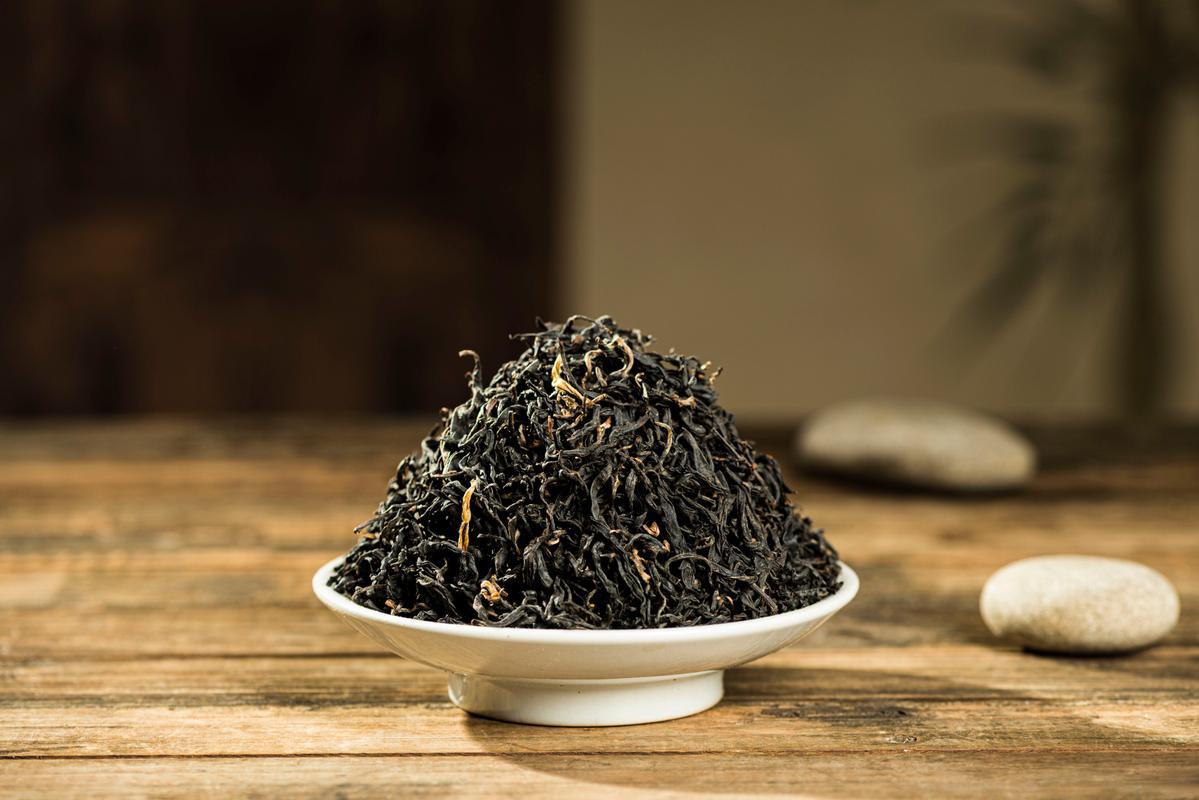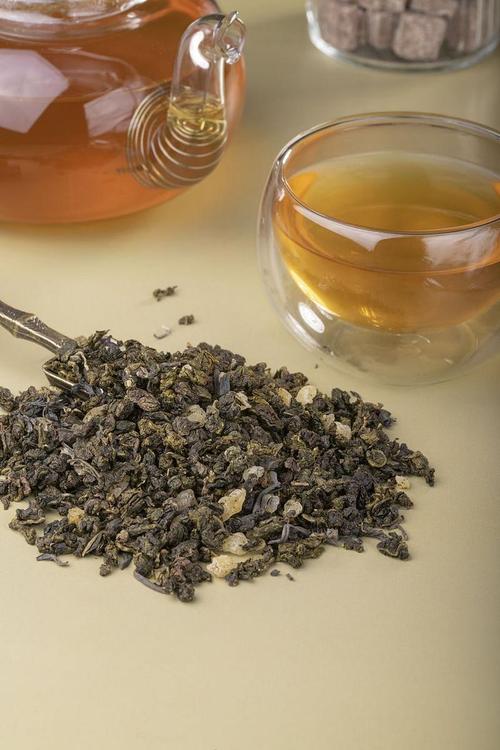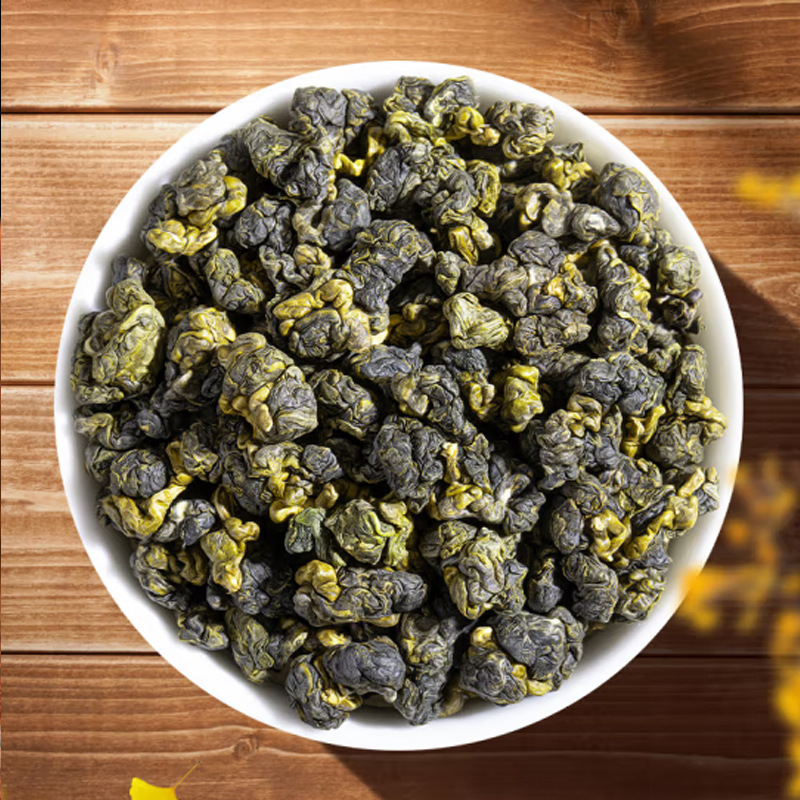Oolong tea, a semi-oxidized tea cherished for its complex flavors and health properties, offers unique benefits but may pose risks in certain situations. Below are key considerations:

1. Caffeine Sensitivity
With moderate caffeine content (≈30-50 mg per cup), oolong may cause:
- Insomnia, restlessness, or anxiety in sensitive individuals.
- Elevated heart rate or blood pressure in hyper-responders.
Advice: Limit to 4-5 cups daily or opt for decaffeinated blends.
2. Gastrointestinal Issues
- Acidic Nature: Oolong’s natural acidity may worsen acid reflux, GERD, or peptic ulcers.
- Tannin Content: Higher than white tea but lower than black tea, tannins may irritate the gut lining when consumed on an empty stomach.
Recommendation: Drink after meals or with food.
3. Drug Interactions
Oolong’s polyphenols (e.g., catechins) and caffeine may interact with:
- Blood Thinners (Warfarin): Enhances bleeding risk.
- Antibiotics (Tetracycline): Reduces drug absorption.
- Benzodiazepines (Anxiety Medications): Intensifies sedation.
Critical: Consult healthcare providers before combining with medications.
4. Fluoride Concerns
Oolong leaves accumulate fluoride naturally. Prolonged high intake (>10 mg/day) may lead to:
- Dental fluorosis in children.
- Skeletal fluorosis (joint/bone pain) in adults.
Caution: Monitor intake if using fluoridated water or supplements.
5. Pregnancy and Lactation
- Pregnant Women: Limit caffeine to <200 mg/day. Oolong’s moderate caffeine requires mindful consumption.
- Breastfeeding Mothers: Caffeine transfers to breast milk; limit to 3 cups daily to avoid infant irritability.
6. Heavy Metal Residues
Older oolong teas (e.g., aged varieties) may contain lead or cadmium from soil contamination.
Mitigation: Source from certified organic growers or rinse leaves before steeping.
7. Allergic Reactions
Rare cases of allergies to tea proteins or mold byproducts (in poorly stored teas). Symptoms include hives or respiratory distress.
8. Overconsumption Risks
- Caffeine Dependency: Habitual high intake may lead to withdrawal symptoms (headaches, fatigue).
- Nutrient Depletion: Tannins may hinder absorption of iron, folate, and B vitamins.
9. Children and Adolescents
Limit caffeine intake due to lower body weight. Excessive consumption may disrupt sleep or behavior.
10. High-Temperature Brewing
Steeping at >95°C (203°F) extracts more caffeine and tannins, increasing bitterness and irritation risk.
Optimal: Brew at 85-90°C (185-194°F) for 3-5 minutes.
11. Liver Conditions
While oolong supports liver health in moderation, overconsumption (5+ cups/day) may strain hepatic function in those with pre-existing disease.
12. Oxalate Content
Oolong contains oxalates, which may contribute to kidney stone formation in susceptible individuals.
Caution: Avoid excessive intake if prone to calcium oxalate stones.
Final Recommendations
- Moderation: 4-5 cups daily (≈120-250 mg caffeine).
- Timing: Avoid late-day consumption to prevent sleep disturbances.
- Quality Control: Choose loose-leaf teas from reputable sources to minimize contaminants.
- Consult Professionals: Discuss with doctors if managing chronic conditions or medications.
By enjoying oolong tea mindfully, you can harness its wellness benefits while mitigating potential risks. 🍵✨



